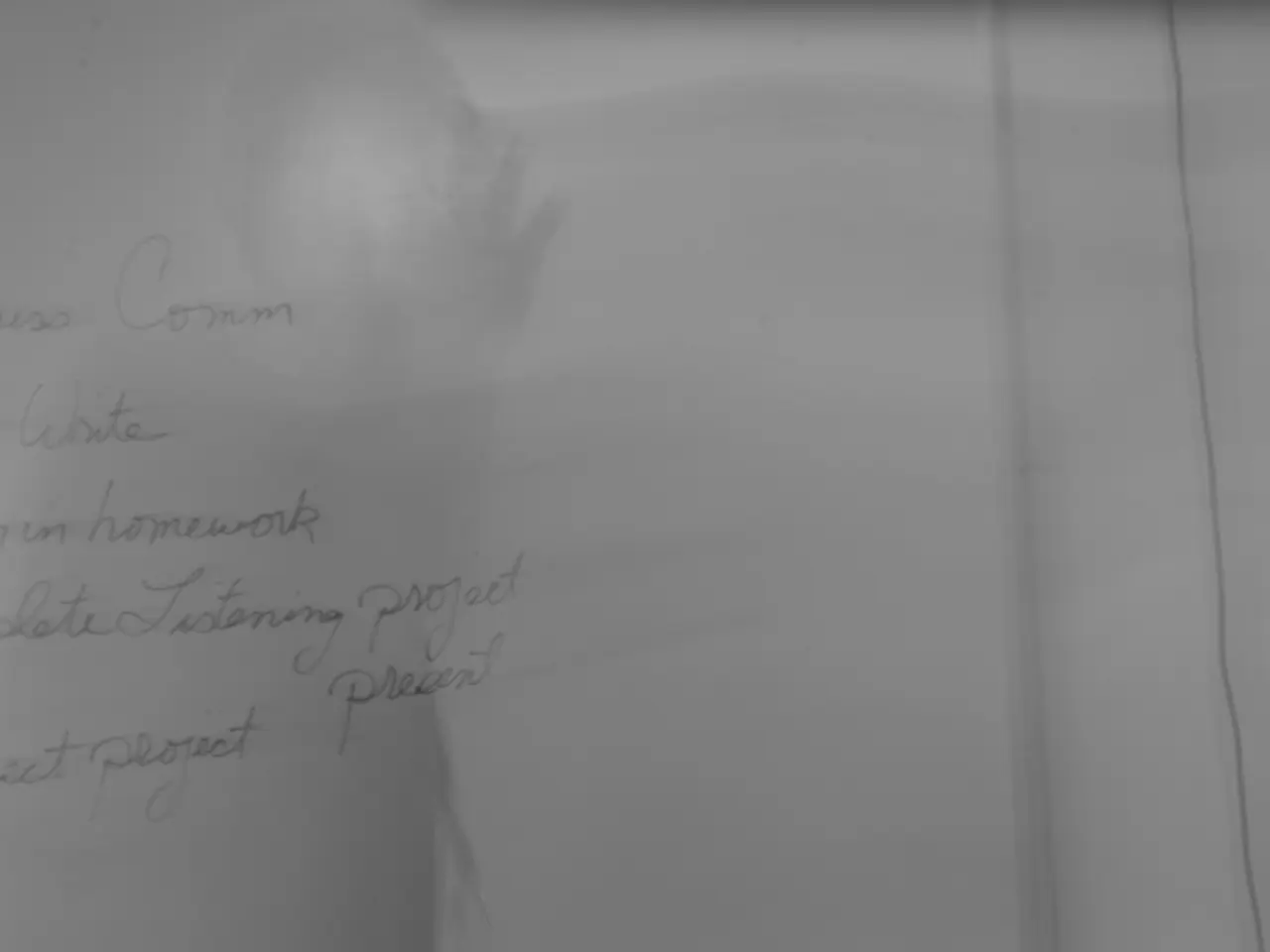Audit Summary: A Decline in On-site Audits Observed in Corporations
In a recent report by "Süddeutsche Zeitung," it was revealed that the number of tax audits on businesses has decreased by nearly 60% over the past decade, with approximately 140,000 audits in 2024. This significant decline is primarily due to a lack of resources and personnel in tax authorities, combined with political decisions to reduce audit intensity.
Anne Brorhilker, a former public prosecutor, criticized this trend, stating that strengthening the tax authorities is necessary for the rule of law and democracy. Brorhilker's comments were made in an interview with "Süddeutsche Zeitung."
The report did not specify the criteria used to categorize businesses as large companies, nor did it mention any changes in tax laws or policies that might have contributed to the decrease in tax audits. However, key reasons for this decline include reduced staffing and budgets in tax offices, a growing complexity in tax systems, political and policy choices aiming to foster a more business-friendly environment, and increasing automation and reliance on electronic data.
The real estate tax reform is one of the projects that auditors have been assisting with, potentially leading to a decrease in tax audits. The rate of audits for large companies was significantly higher at 17.8% in the previous year, according to the Federal Ministry of Finance, which reported in October 2024 that 1.7% of businesses, or 146,516, were audited.
Despite the decrease in tax audits, Brorhilker suggested that the tax authorities need to be strengthened in terms of personnel and structure. In principle, additional auditors generate many times more revenue than the costs of their employment. In 2024, the tax authorities employed 12,359 business auditors, which is nearly 10% less than in 2015.
While the provided search results do not directly quote the Süddeutsche Zeitung report on this topic, such reasons are well-documented in broader discussions about tax authorities’ shrinking audit activities in Germany and parts of Europe. For example, concerns over resource allocation in EU agencies reported around 2025 suggest similar systemic constraints impacting oversight activities including tax audits.
If more detailed specifics from Süddeutsche Zeitung’s analysis are needed, direct access to that report would clarify exact government or institutional policies driving this audit decrease trend. However, resource limitations and political choices remain the dominant explanatory factors.
- The decrease in tax audits on businesses, as highlighted in the Suddeutsche Zeitung report, is partially attributed to the finance sector's increased reliance on automation and electronic data, and the growing complexity in business tax systems.
- Despite the significant decline in tax audits, former public prosecutor Anne Brorhilker advocates for strengthening the tax authorities, arguing that more business auditors could generate significantly higher revenue than their employment costs, as suggested in her interview with Suddeutsche Zeitung.




